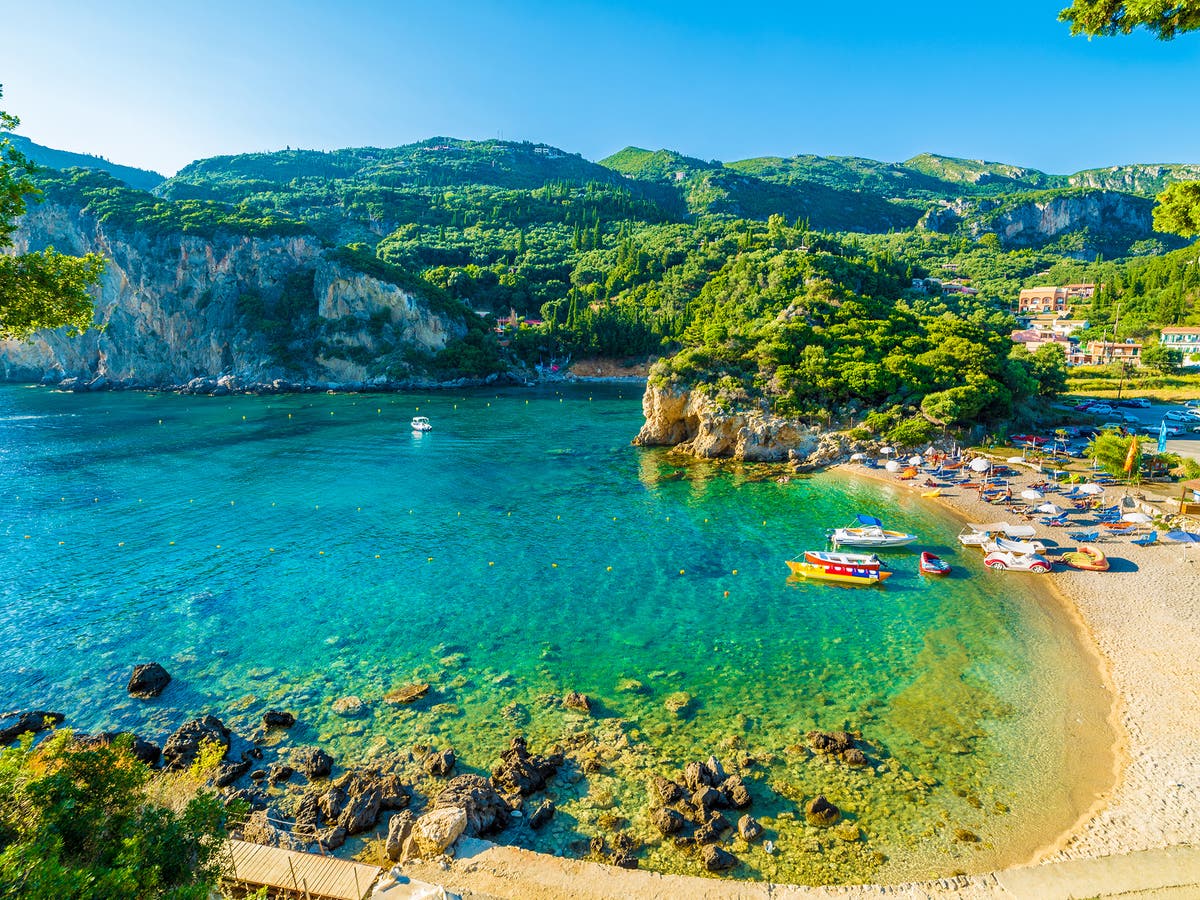This website uses cookies so that we can provide you with the best user experience possible. Cookie information is stored in your browser and performs functions such as recognising you when you return to our website and helping our team to understand which sections of the website you find most interesting and useful.

Greece has joined a number of European countries in attempting to lure remote workers with a new “digital nomad”-style visa.
The Greek Digital Nomad Visa (DNV) - issued under Law 4825/2021 - allows non-EU citizens to legally live and work in Greece.
However, as with all of these schemes, eligibility restrictions do apply. Here’s everything you need to know.
How long does the visa last for?
The visa allows for a stay of up to 12 months. After that, visa-holders can apply for a further 12-month extension, meaning the DNV is valid for a maximum of two years.
Who is eligible for the visa?
Non-EU citizens who are freelancers, entrepreneurs or remote workers. Only Third Country nationals - such as British citizens - should apply. (Citizens from the Schengen Area can already live and work freely in Greece without the need for a visa.)
Applicants must be able to prove they work for a company outside of Greece, or work with clients based outside the country, plus can complete their work remotely using technology such as a computer and the internet.
The main potential stumbling block for prospective applicants is income; Greece is demanding that the main visa applicant prove monthly earnings of at least €3,500 (£3,036) after tax deductions. This minimum income amount goes up by 20 per cent if the applicant is bringing a spouse (€4,200/£3,641), and 15 per cent if bringing a child (€4,025/£3,489).
How much does it cost?
The visa application costs €75.
How do you apply?
Visa applicants must submit certain documents, according to Law 4825/2021:
- A declaration letter
- Proof of employment
- Proof of sufficient funds
- DNV fee
Employed applicants must provide proof of a work contract for an employer based outside of Greece, while self-employed candidates must disclose their earnings and produce contracts or pay slips to support their application.
You can apply for a DNV at the Greek consular authority in your country of main residence as part of a fast track process, according to the website Workfromgreece.gr.
“The request can be made by email or registered letter and the consular authority is obliged to respond within 10 days, with the eventual residency permit being issued by the Greek Ministry of Migration and Asylum,” reads the advice on its site.



 Africana55 Radio
Africana55 Radio 
